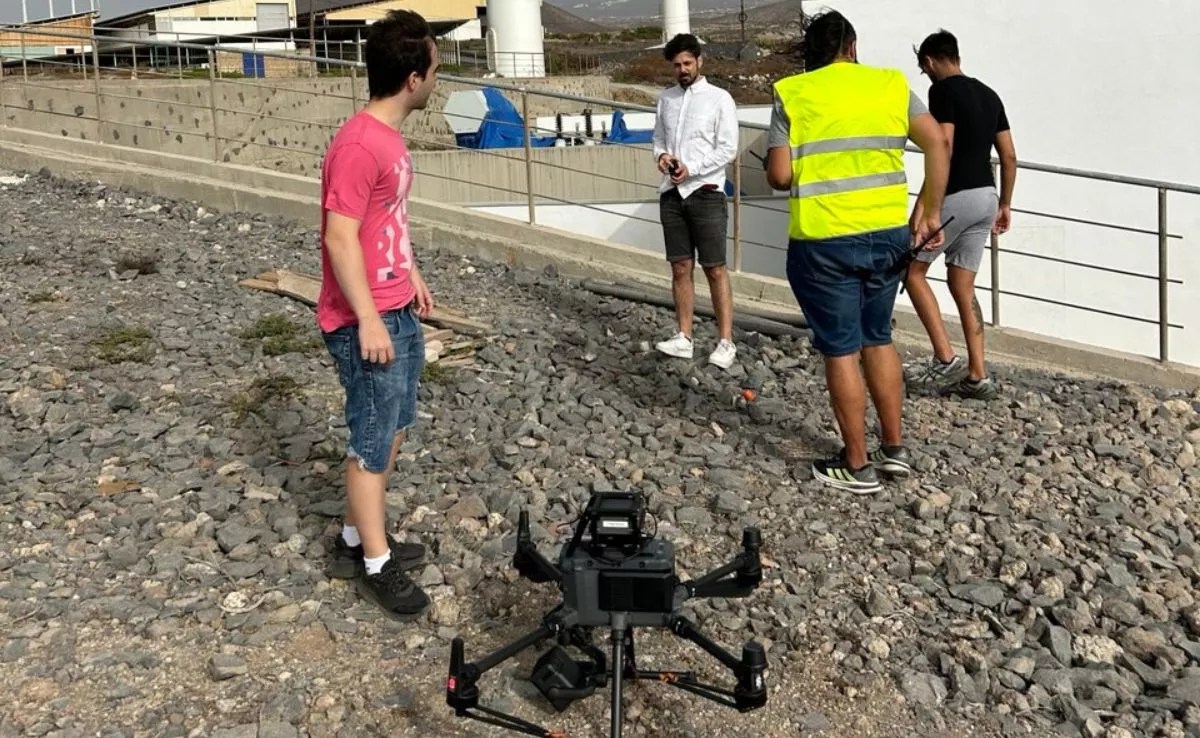
SANTA CRUZ DE TENERIFE, 17 Sep. (EUROPA PRESS) –
This year, three new special education centres (CEE) have commenced operations in Icod de los Vinos and Adeje (Tenerife), as well as in Santa Lucía de Tirajana (Gran Canaria), contributing to the twelve already established within the Canary Islands.
Special education centres are designed specifically for pupils with special educational needs (SEN), who require adaptations that significantly differ from the standard curriculum across various subjects or areas. These schools necessitate very particular or exceptional resources, which are often hard to generalise, along with a heightened degree of supervision and assistance to facilitate age-appropriate activities.
The Education Minister, Poli Suárez, remarked that the establishment of these centres “reflects the Ministry’s commitment to these educational initiatives and the individuals they benefit,” adding that it “will help alleviate overcrowding in existing centres and address the longstanding demand from families,” as highlighted by the Director General of Education Management, Inclusion and Innovation, David Pablos.
The new CEE in Santa Lucía de Tirajana, designed to assist the CEE Petra Lorenzo in Telde, will be housed in the former municipal nursery in Sardina del Sur and will accommodate five groups of thirty students undertaking early childhood and primary education (specification) and transitioning to adult life.
In collaboration with the City Council and families, the Ministry has organized the works for this centre in two stages. The initial phase, already undertaken by the Council, will equip the CEE with the necessary resources to commence operations in the near future, while the subsequent phase will involve the adaptation of additional spaces and services of a secondary nature.
Among the improvements already executed or in progress, the total refurbishment of the restrooms will include elements that were not part of the original plan: a multi-sensory classroom; shaded areas within the playground, in accordance with the new Plan for adapting to high temperatures in educational institutions introduced by the Government of the Canary Islands; as well as the refurbishment of a sports court and a covered pavilion connected with direct access, which is owned by the municipality and will be made available in the mornings for the benefit of the school community, as explained by the general director of Infrastructure and Equipment, Iván González.
It is worth mentioning that, until the new centre opens in a few weeks, the stakeholders (families, City Council, and Ministry) have agreed to temporarily utilize an alternative space, a primary and early childhood education centre (CEIP) within the municipality. This independent building is available and in excellent condition, with guaranteed transport and dining services.
Upon the completion of the works at the CEE, classes will proceed in the new facilities, maintaining all staff (teaching and support) and the usual services associated with such centres.
CENTRES IN TENERIFE
The CEE in Icod de los Vinos is not a new building, but rather a developed centre (optimizing existing resources; in the initial phase, an unused facility has been adapted, and soon, plans for a second phase of improvements will be formulated).
It comprises six groups and 35 students, a number expected to gradually rise. Students have transferred from the Inés Fuentes y González de Aledo CEE in Puerto de la Cruz, where classes have commenced as usual.
In this regard, the utilization of this facility has effectively addressed the significant issue of schooling in Puerto de la Cruz, preventing students with disabilities from having to travel long distances to obtain the education to which they are entitled.
Lastly, the new CEE in Adeje, anticipated to open in the second term of the academic year, will alleviate the CEE Adeje (San Miguel) and will feature five groups of thirty students, most of whom will migrate from the existing centre. The number of groups and students is expected to grow as further phases of adaptation are completed.
Following improvements made by the City Council in collaboration with the Ministry, which cost approximately 700,000 euros, courses in early childhood and primary education will be offered.
















